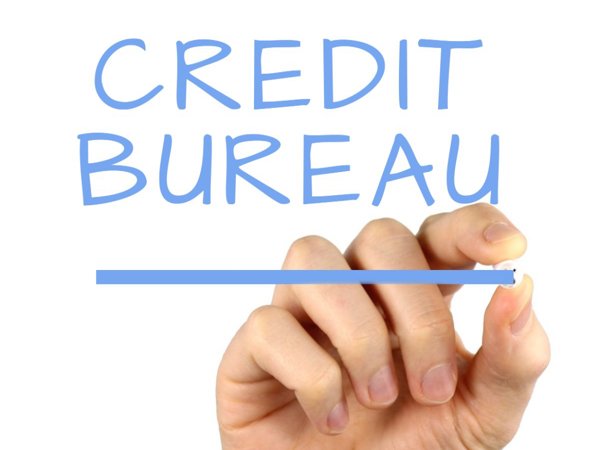I used to think that credit scores were only relevant to people living in countries like the United States or the UK. In Nigeria, we never really discussed things like credit scores at home or in school. But last year, I learned the hard way why understanding your credit score is crucial—even here. My name is Kemi, and this is my story.
The Wake-Up Call
It all started when I decided to apply for a mortgage. I had been saving up for years to buy a small piece of land in Lagos and build a home. With a decent down payment ready, I confidently walked into the bank, thinking that getting a loan would be a straightforward process. After all, I had a stable job and a good savings record.
But when the loan officer looked through my application, she shook her head. “Your credit score isn’t good enough,” she said. My heart sank. I didn’t even know what my credit score was, let alone that it wasn’t good enough for a loan.
What is a Credit Score?
In simple terms, a credit score is a numerical expression of your creditworthiness. It’s a way for banks and other financial institutions to assess how likely you are to repay a loan. In Nigeria, credit scores are becoming increasingly important as more people apply for loans, credit cards, and mortgages.
Your credit score is calculated based on several factors:
- Payment History: Do you pay your bills on time?
- Amount Owed: How much debt do you currently have?
- Length of Credit History: How long have you been using credit?
- Types of Credit: What kind of credit accounts do you have (e.g., credit cards, loans)?
- New Credit: Have you recently applied for new credit?
My Journey to Improve My Credit Score
After that humiliating day at the bank, I decided to take control of my financial future. The first thing I did was check my credit score. In Nigeria, you can access your credit report through credit bureaus like CRC Credit Bureau or FirstCentral. I signed up online and got my report within a few minutes.
The report showed that my credit score was low primarily because of late payments on a small loan I took out years ago. I had completely forgotten about it, but the credit bureau hadn’t. That one mistake was costing me my dream home.
Step 1: Pay Off Outstanding Debts
The first step I took was to pay off any outstanding debts. I went through my credit report and made a list of all the loans and credit card balances I owed. I prioritized paying off the smaller debts first because it felt more manageable. Once those were out of the way, I focused on the larger loans.
Step 2: Set Up Payment Reminders
To make sure I never missed another payment, I set up payment reminders on my phone and linked my bills to automatic debit. This way, even if I forgot about a payment, my bank wouldn’t. Over time, this helped improve my payment history, which is a significant factor in your credit score.
Step 3: Avoid New Credit Applications
While working on improving my credit score, I made sure not to apply for new credit. Each time you apply for a loan or a credit card, it can temporarily lower your credit score. I decided to hold off on any new applications until my credit score was in better shape.
Step 4: Monitor Your Credit Regularly
I also started monitoring my credit report regularly. In Nigeria, you’re entitled to one free credit report per year from each credit bureau. I made it a habit to check my report every few months to ensure there were no errors or unauthorized transactions.
The Results
After a year of diligent effort, my credit score improved significantly. When I reapplied for the mortgage, the bank approved my loan without hesitation. Not only did I get the loan, but I also secured a lower interest rate because of my improved credit score. Today, I’m the proud owner of a small but cozy home in Lagos, all because I took the time to understand and improve my credit score.
Why You Should Care About Your Credit Score
In Nigeria, many people still don’t understand the importance of their credit score, but that’s changing fast. Whether you’re applying for a mortgage, a car loan, or even a business loan, your credit score will play a crucial role in determining whether you get approved and at what interest rate.
By knowing your credit score and taking steps to improve it, you can open doors to better financial opportunities. Don’t wait until you’re sitting in a bank, embarrassed and frustrated like I was. Take control of your financial future today.
Conclusion
Understanding your credit score is more important than ever in Nigeria’s evolving financial landscape. Whether you're planning to buy a home, start a business, or simply want to secure better interest rates on loans, your credit score can make or break your financial dreams. Take the time to know your credit score, manage it wisely, and watch as new opportunities open up for you.

.jpg)







